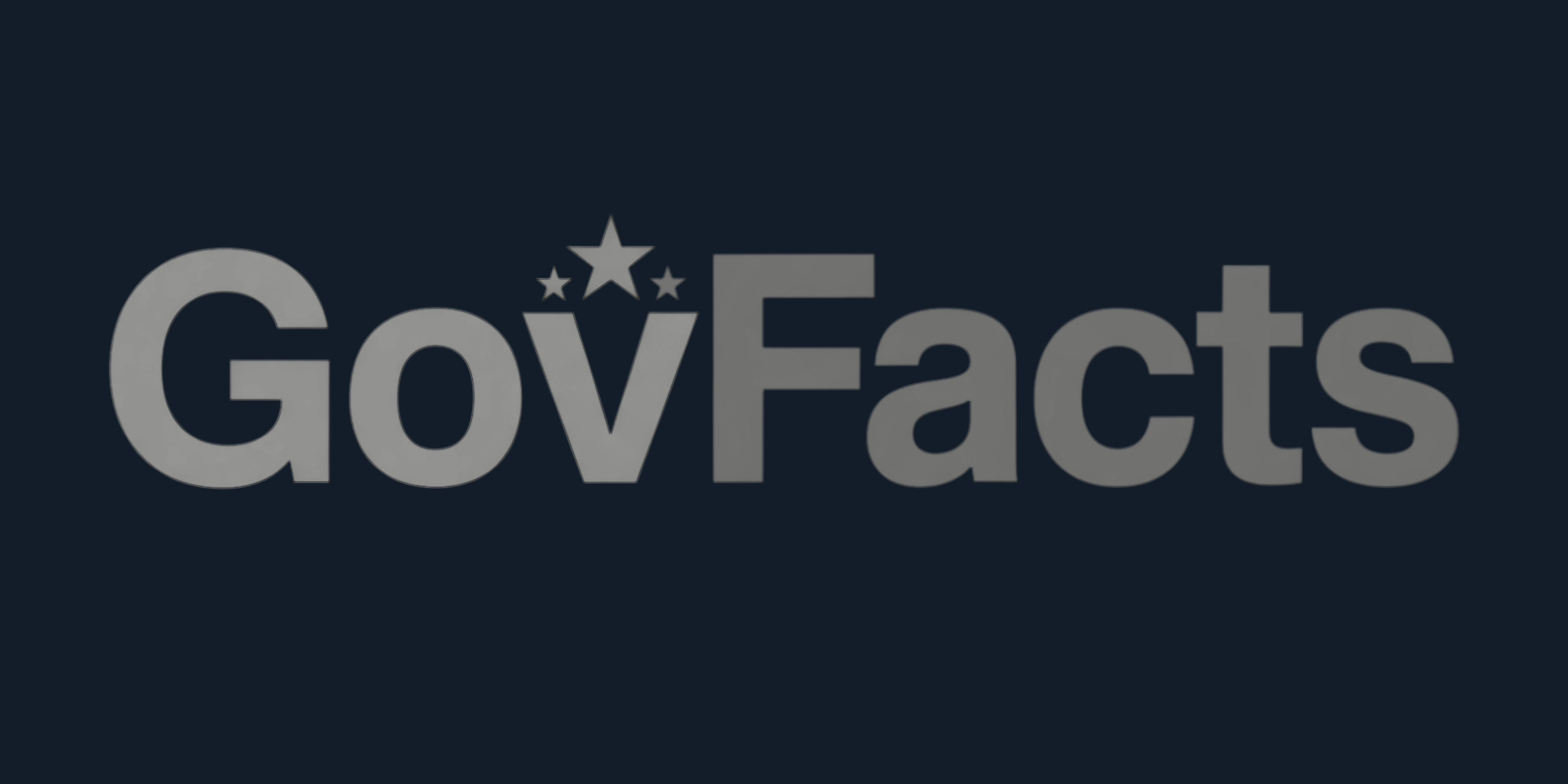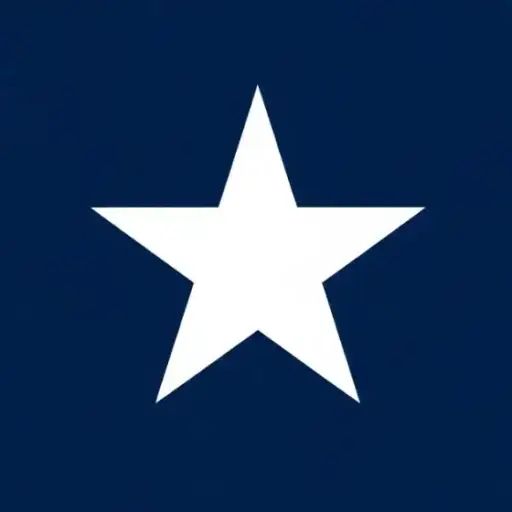Last updated 2 months ago. Our resources are updated regularly but please keep in mind that links, programs, policies, and contact information do change.
The Centers for Disease Control and Prevention is America’s premier public health agency, protecting the nation from health threats both foreign and domestic. Since its founding in 1946 as the Communicable Disease Center, the CDC has grown into a vast organization with specialized departments handling everything from disease outbreaks to environmental health risks.
Contacting the CDC effectively depends on who you are and what you need. The agency maintains separate communication channels for the general public, healthcare professionals, media, and researchers.
General Public Health Information
For most Americans with health questions, CDC-INFO serves as the primary contact point. This comprehensive service provides access to the agency’s vast library of health information through trained agents who can search CDC resources on topics ranging from disease prevention to travel health advisories.
Understanding CDC-INFO Limitations
CDC-INFO is an information service, not a clinical consultation service. The agents are trained to provide science-based health information from CDC resources, but they cannot:
- Provide personal medical advice
- Diagnose illnesses
- Suggest treatments
- Prescribe medications
For any personal health concerns, diagnosis, or treatment questions, you’ll be directed to consult with your doctor or qualified healthcare professional. This boundary reflects the CDC’s role in population-wide health rather than individual patient care.
How to Contact CDC-INFO
By Phone (Recommended for Timely Help)
The most direct way to reach CDC-INFO is by phone:
- Main number: 1-800-CDC-INFO (1-800-232-4636)
- TTY service: 1-888-232-6348 for individuals with hearing or speech disabilities
- Hours: Monday through Friday, 8:00 AM to 8:00 PM Eastern Time (closed federal holidays)
- Languages: Available in English and Spanish
By Email (For Detailed or Non-Urgent Questions)
Email works well for complex questions requiring documented responses:
- Contact method: Submit through the official CDC-INFO contact form
- Response time: Up to 10 business days
- Important: Don’t include sensitive personal data like Social Security numbers or detailed medical histories
By Mail
For general written correspondence:
Centers for Disease Control and Prevention
1600 Clifton Rd.
Atlanta, GA 30329
Healthcare Professional Resources
Healthcare workers have access to specialized CDC services designed for clinical consultation, diagnostic assistance, and emergency response. These resources operate on a different level than public information services, providing expert-to-expert support for time-sensitive medical situations.
Emergency and Urgent Patient Care
For immediate assistance with patient care, public health emergencies, or after-hours consultations, healthcare professionals should contact the CDC Emergency Operations Center (EOC).
- Phone: 770-488-7100
- Availability: 24 hours a day, 7 days a week, 365 days a year
The EOC serves as the agency’s command center for monitoring public health threats and coordinates responses during emergencies.
CDC Drug Service
The CDC Drug Service manages special biologic agents and drugs from the Strategic National Stockpile that aren’t commercially available in the US. These products treat rare or emerging diseases like botulism, diphtheria, or certain parasitic infections.
- Phone: 404-639-6370
- Hours: Monday–Friday, 8:00 AM to 4:30 PM Eastern Time
- Email: [email protected]
- After hours/weekends/holidays: Contact EOC at 770-488-7100
Disease-Specific Clinical Consultation
The CDC organizes expertise by disease area. Healthcare professionals can contact specialized branches directly for clinical consultation:
| Disease/Service Area | Phone Number | Hours | |
|---|---|---|---|
| Emergency/Urgent Care | 770-488-7100 | N/A | 24/7 |
| Special Drugs/Biologics | 404-639-6370 | [email protected] | M–F, 8:00 AM–4:30 PM ET |
| Malaria | 855-856-4713 or 770-488-7788 | [email protected] | M–F, 9:00 AM–5:00 PM ET |
| Parasitic Diseases (non-Malaria) | 404-718-4745 | [email protected] | M–F, 8:00 AM–4:00 PM ET |
| Dengue | 787-706-2399 | [email protected] | M–F, 8:00 AM–5:00 PM Atlantic Time |
| Arboviral Diseases (Zika, Yellow Fever, Chikungunya) | 970-221-6400 | [email protected] | M–F, 8:00 AM–4:30 PM Mountain Time |
| Rickettsial Diseases/Q Fever | 770-488-7100 (EOC) | N/A | 24/7 via EOC |
| Viral Hemorrhagic Fevers | 770-488-7100 (EOC) | N/A | 24/7 via EOC |
For after-hours urgent needs in any specialty area, contact the Emergency Operations Center, which can connect you with appropriate specialists.
Media and Press Relations
All media inquiries, including requests for interviews, data clarifications, or official statements, go through the CDC’s Division of Media Relations.
Contact Information for Media
- Phone: (404) 639-3286
- Email: [email protected]
- Preferred method: HHS Request for Comment Form (select CDC as the agency)
- Hours: Standard business hours; non-emergency requests received after hours are processed the next business day between 9:00 AM and 6:00 PM Eastern Time
Mailing Address: Division of Media Relations, Office of Communications
Centers for Disease Control and Prevention
1600 Clifton Rd. NE, MS D-25
Atlanta, GA 30333, USA
Specialized Newsrooms
For journalists covering specific health domains, the CDC maintains dedicated press rooms for:
- National Center for Health Statistics (NCHS)
- National Institute for Occupational Safety and Health (NIOSH)
- Center for Global Health (GHC)
Research and Data Inquiries
CDC WONDER Database Support
For technical questions about CDC WONDER (Wide-ranging Online Data for Epidemiologic Research), the agency’s primary public data platform:
- Email: [email protected]
This contact is specifically for technical database issues. General health questions should go to CDC-INFO at 1-800-232-4636.
Requesting CDC Speakers
Organizations wanting to invite CDC scientists or experts to events must go through the formal CDC Speakers Bureau process:
- Method: Submit requests via the official online portal
- Requirements: All requests must include detailed event information and sufficient advance notice
CDC Foundation vs CDC
The CDC Foundation is an independent nonprofit organization that partners with the CDC but is separate from the government agency. Foundation staff cannot:
- Provide medical advice
- Answer public health questions
- Handle unsolicited grant requests
Public health inquiries sent to the CDC Foundation are redirected to CDC-INFO at 1-800-CDC-INFO.
Reporting Public Health Concerns
The US public health system operates on a hierarchical reporting structure. Individuals and healthcare providers don’t report directly to the CDC—they start at the local level for rapid, geographically appropriate responses.
The Local-First Rule
If you believe you’ve been exposed to a communicable disease or are a healthcare provider diagnosing a “notifiable disease,” first contact your local or state health department. These agencies have legal authority and primary responsibility for investigating threats in their jurisdictions.
A comprehensive directory of state and territorial health department contacts is available at the CDC’s state health department directory.
Reporting Foodborne Illness
Where you report suspected food poisoning depends on the food source:
Restaurant, Deli, or Grocery Store Food: Contact your city, county, or state health department. Local health departments track illness patterns and can inspect facilities during suspected outbreaks.
Meat, Poultry, or Processed Egg Products: Report to the US Department of Agriculture (USDA):
- Hotline: 1-888-MPHotline (1-888-674-6854)
- Online: Through the USDA website
Other Packaged Foods (Non-Meat): Contact the Food and Drug Administration (FDA):
- Emergency number: 1-888-SAFEFOOD (1-888-723-3366)
- Online: Through the FDA Safety Reporting Portal
How the CDC Gets Involved
The CDC becomes involved after local and state reporting occurs. The agency’s role includes:
National surveillance: Piecing together information from across the country to detect threats crossing state lines.
Multistate outbreak detection: Through PulseNet laboratory network analysis of bacterial “DNA fingerprints” from patients nationwide, identifying clusters that signal common sources.
Coordination: Working with affected states, FDA, and USDA during multistate investigations.
Communication: Sharing urgent information through the Health Alert Network (HAN) and public outbreak notices.
Specialized Programs
World Trade Center Health Program
The WTC Health Program provides medical monitoring and treatment for 9/11 responders and survivors exposed to health hazards. Administered by CDC’s National Institute for Occupational Safety and Health (NIOSH):
- Call Center: 1-888-982-4748
- Hours: Monday–Friday, 9:00 AM to 5:00 PM Eastern Time
- Email: [email protected] (3-5 business day response time)
- Pharmacy Benefits: 1-800-935-7179 (24/7)
Accessibility Services
The CDC provides multiple accessibility options rather than centralizing them in one office:
General Public with Disabilities
- Hearing/speech impairments: TTY line at 1-888-232-6348
- Non-English speakers: Main CDC-INFO line offers Spanish service; website provides resources in Chinese, Vietnamese, Korean, Arabic, and other languages
Employment-Related Accommodations
The CDC’s Office of Equal Employment Opportunity handles reasonable accommodation requests for employees and applicants:
- Email: [email protected]
- Hotline: (770) 488-1525
Freedom of Information Act Requests
The CDC, as part of the Department of Health and Human Services, handles FOIA requests through a centralized HHS system.
Submitting FOIA Requests
All requests must go through the official HHS FOIA Public Access Link (PAL) portal:
- Portal: HHS FOIA PAL System
- Features: Create accounts, submit detailed requests, attach files, track status, receive documents electronically
FOIA Support Contacts
General Questions:
- Email: [email protected]
CDC-Specific Questions: CDC/ATSDR FOIA Officer
1600 Clifton Road MS-D54
Atlanta, GA 30329-4027
Phone: (770) 488-6277 (Contact: Roger Andoh)
Dispute Resolution:
- HHS Requester Service Center: (202) 690-7453
- FOIA Public Liaison: Paula Formoso
- Email: [email protected]
Choosing the Right Contact Method
Use CDC-INFO (1-800-CDC-INFO) for general health information, disease prevention questions, or educational materials.
Contact Emergency Operations Center (770-488-7100) if you’re a healthcare professional with urgent patient care needs or public health emergencies.
Report to local health departments first for suspected disease exposures or outbreaks—the CDC gets involved after local investigation begins.
Use media relations ((404) 639-3286) for all press inquiries, interviews, or official statements.
Submit FOIA requests through the HHS PAL portal for accessing CDC records and documents.
Our articles make government information more accessible. Please consult a qualified professional for financial, legal, or health advice specific to your circumstances.


